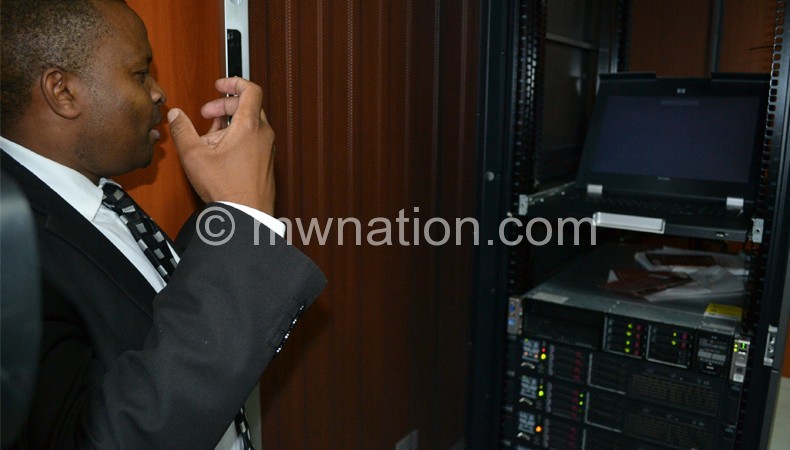MACRA WINS ‘SPY’ MACHINE CASE

Malawi Supreme Court of Appeal in Blantyre yesterday allowed Malawi Communications Regulatory Authority (Macra) to start using its monitoring system widely known as the ‘spy’ machine.
In their ruling, a three-judge panel of Andrew Nyirenda, Frank Kapanda and Anaclet Chipeta quashed an earlier High Court judgement that effectively stopped Macra from using the Consolidated ICT Regulatory Management System (Cirms) to monitor mobile phone operators.
Macra argued that the monitoring system would enable them to be updated on quality of service the mobile phone operators offer, revenue assurance, fraud and spectrum management.
But after procurement of the monitoring system in 2010, two concerned citizens, Hophmally Makande and Eric Sabwera, challenged Macra in court, arguing that the authority, using the system, was going to be listening to mobile phone conversations and accessing short message service (SMS), thereby infringing on people’s right to privacy.
The High Court ruled in favour of Makande and Sabwera, but Macra appealed to the Supreme Court.
In reversing the High Court’s decision, the three-judge panel said they considered two main issues: whether Macra had authority to use Cirms under its governing laws and whether the use of it was constitutional.
And at a news conference Macra organised yesterday afternoon, newly appointed director general Andrew Kumbatira said the Supreme Court held that the Communications Act gives Macra the powers to monitor activities of its licensees to fulfill its statutory obligations, including consumer protection.
He said the Act further mandates Macra to obtain data in any form and that this included real time data collection and monitoring by the Cirms.
Macra said the use of the monitoring system would also help the body to detect illegal use of the spectrum.
Macra director of telecommunications Lloyd Momba said Malawi Revenue Authority (MRA) would also take advantage to use Macra’s data if in doubt about the taxes mobile phone operators are required to pay.
On constitutionality, the Supreme Court held that the use of the Cirms was a lawful limitation to the right to privacy, information and freedom of expression.
Kumbatira said Macra would be consulting the mobile phone operators following the outcome of the Supreme Court decision on other issues.
Thoko Chimbe, Macra’s deputy director of consumer affairs, said the monitoring system would also help of drop calls and be able to advise the operators if their services seem to be wanting.
Henry Silika, deputy director of technology and standards, said issues of blown up airtime where a mobile phone user loaded airtime in the phone and is blown-off in seconds would also be detected by the system and be able to provide that evidence.





